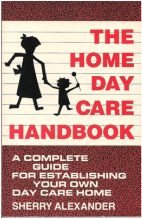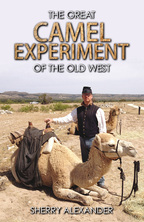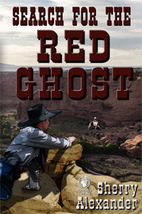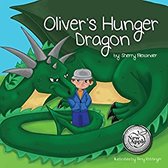When I began my journey as a writer, I heard a lot about the "muse". "Do you have a muse?" a friend asked when my first article was published yeons ago. "You know," she added when a puzzled look crossed my face, "someone who inspires you to write?"
Back then, I didn't give her question much thought. I knew the inspiration was coming from within. It was a deep need to write, to see my name in print, and to prove to myself that I could actually sell the words I chose to write. And write, I did. For several years in the 80s--yes, the 1980s. Well to be exact, 1987 to 1990, I wrote one non-fiction article after another. In all I saw my name in print in over 200 publications, had my first book published, interviewed people I admired, extolled the trials and errors of parenthood in a weekly newspaper column, and spoke at conferences.
Then, suddenly, one day I woke up and my constant companion, the need to write, had disappeared. Well, actually it was my friend, inspiration, that disappeared. I did continue to write technical papers and lesson plans, but the love of writing . . . that overwhelming need to write . . . was gone. I settled into Life, and never looked back until three years ago. That's when I finally discovered the meaning of a muse.
Muse, or a force of inspiration, comes from Greek mythology. It focuses on Zeus and Mnemosyne's nine daughters who presided over the arts and sciences. Each one was considered the goddess, or the muse, over their assigned vocation. Now, I don't believe in mythology, but I do believe in inspiration, and that is what hit me in 2012. One of my granddaughters challenged me each of the five summers before to read every book she read.
Together we worked our way through the Guardian of Ga'Hoole Series, The Princess Academy, The Horse Diaries, The Tail of Emily Windsnap, and a host of others. We talked about the characters, laughed at the funny parts, admired the way the authors turned certain phrases, looked for metaphors, and created alternate endings. The time together was miraculous. Why? Because it awakened inspiration and through it I learned the value of writing with a muse.
Now you might think that my granddaughter is that muse, and that is partially correct. She is, indeed, my muse, but so is her sister, my two other granddaughters, my three grandsons, the little boy I met at the library who was laughing as he read a book, Mrs. Avery's 4th grade class, Mrs. Avery herself (because her inner child is always present), my two best friends--Vicki and Kim, my husband who tends to see the cynical side of life, my writer friends who share their wonderful children's books with me, and the wonder and delight I see in the eyes of a child every time he or she talks about a favorite book.
My muse has changed me. I no longer care about getting my name in print--although, I have to admit, it still gives me a rush to see one of my stories or articles in a magazine. I no longer look for the big paycheck I searched for in the 80s. I am content with whatever comes my way. And, I no longer have anything to prove to myself or anyone else. My muse is here to stay, and wherever it leads me, I will follow.

 RSS Feed
RSS Feed



